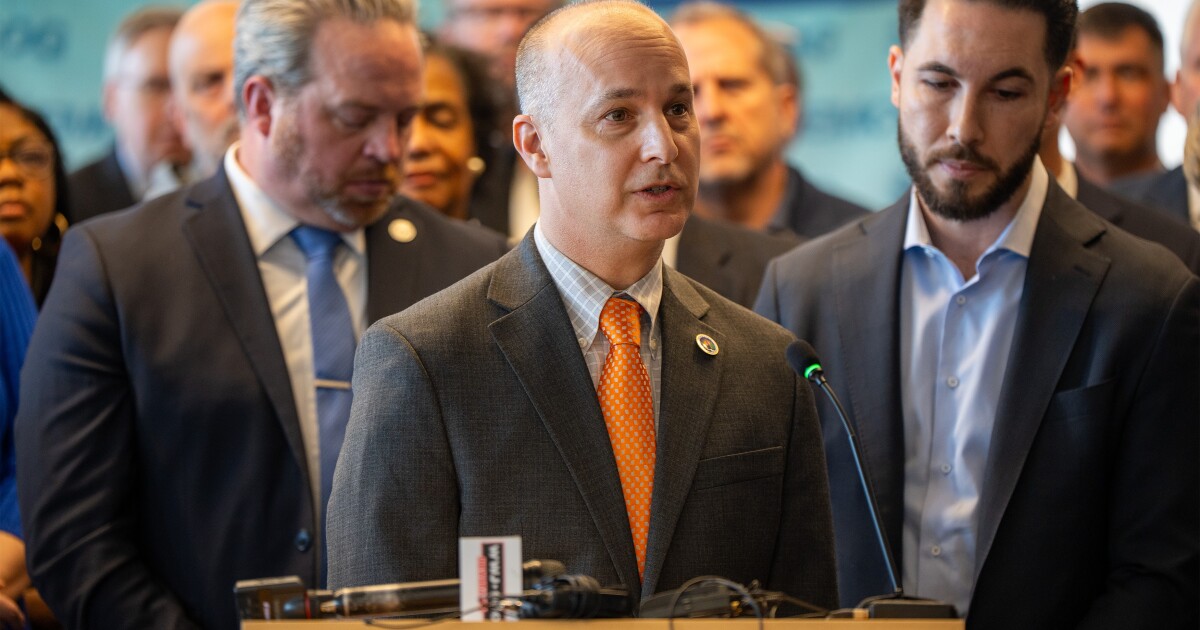In a significant move to support new and expectant mothers, Michigan’s state budget has allocated $270 million to Rx Kids, an anti-poverty initiative. Governor Gretchen Whitmer’s recent signing of the budget marks a pivotal moment for the program, designed to provide essential cash aid.
The funding, comprising $20 million from the Temporary Assistance for Needy Families program and $250 million from the Healthy Michigan fund, will sustain the program for the next three years. Rx Kids delivers $1,500 to mothers during mid-pregnancy, followed by a $500 monthly stipend for the initial months of a baby’s life. According to co-founder Luke Shaefer, the program has already facilitated over $13 million in aid to approximately 3,500 families across 11 Michigan communities.
Shaefer anticipates a substantial expansion with the new funds, aiming to support 30,000 infants annually, a tenfold increase in reach. He termed the investment as both “historic” and “bipartisan.”
Eligibility for Rx Kids extends to residents of five counties in the Eastern Upper Peninsula, Flint, Kalamazoo, Pontiac, and Clare County. The program plans to extend its services to Wayne and Oakland counties in the near future.
Shaefer highlighted the program’s streamlined approach, noting, “Programs that try to calculate people’s incomes spend a lot of time doing that work.” By focusing on serving low-income areas without income checks, Rx Kids reduces administrative burdens.
The new funding also aims to reach rural communities in Michigan, with Medicaid’s uncertain federal future raising concerns about families’ need to frequently requalify for benefits. State Senator Sylvia Santana (D-Detroit) emphasized the importance of Rx Kids in maintaining state welfare, stating, “We’re worried about families having to redetermine their benefits every six months.”
To fund Rx Kids, communities must supplement state funding with philanthropic contributions, not necessarily matching state dollars one-to-one. Federal block grants are a vital component of the state’s funding strategy.
Although the cash aid amounts remain unchanged, they are expected to adjust over time. Shaefer explained, “The program is fairly recent, so the benefits haven’t lost a lot of real value just yet.”
Bipartisan support has been strong for the Senate bill that integrates Rx Kids into the state Department of Health and Human Services. Santana noted minimal opposition to the expansion, saying, “I think when you look at where we are today, it just made most sense to make sure that this program is expanded quickly.”
Research has shown that Rx Kids reduces evictions and postpartum depression, according to a study in the American Journal of Public Health. Additionally, a Flint study demonstrated reductions in preterm and low-birthweight births.
Senator Santana sees the program as a model for other states, remarking, “I believe it’s something that we are at the forefront of as a state, and I think that you’re going to see other states come online and do similar programs here in the near future because it is a benefit to everyone.”
—
Read More Michigan News









